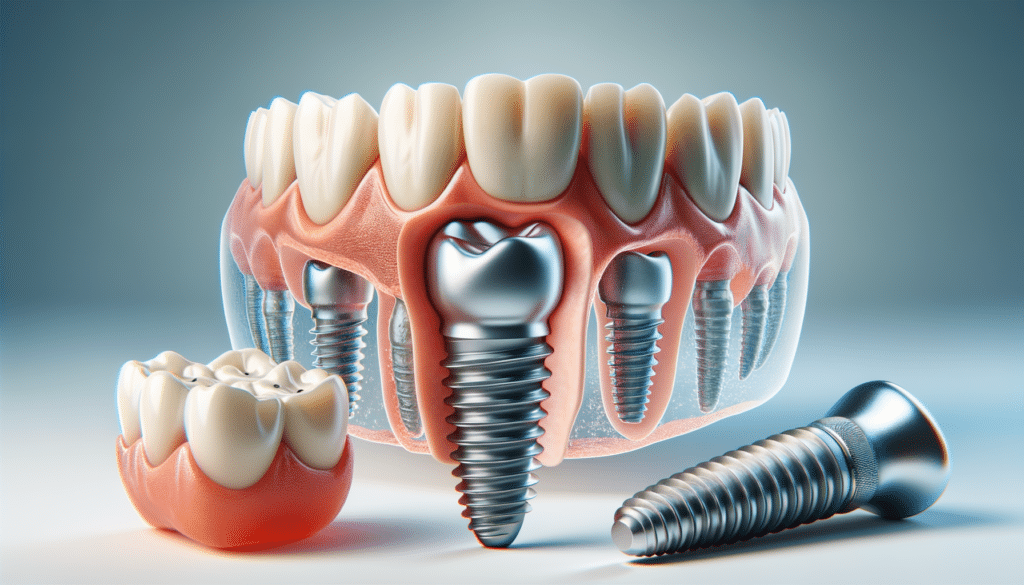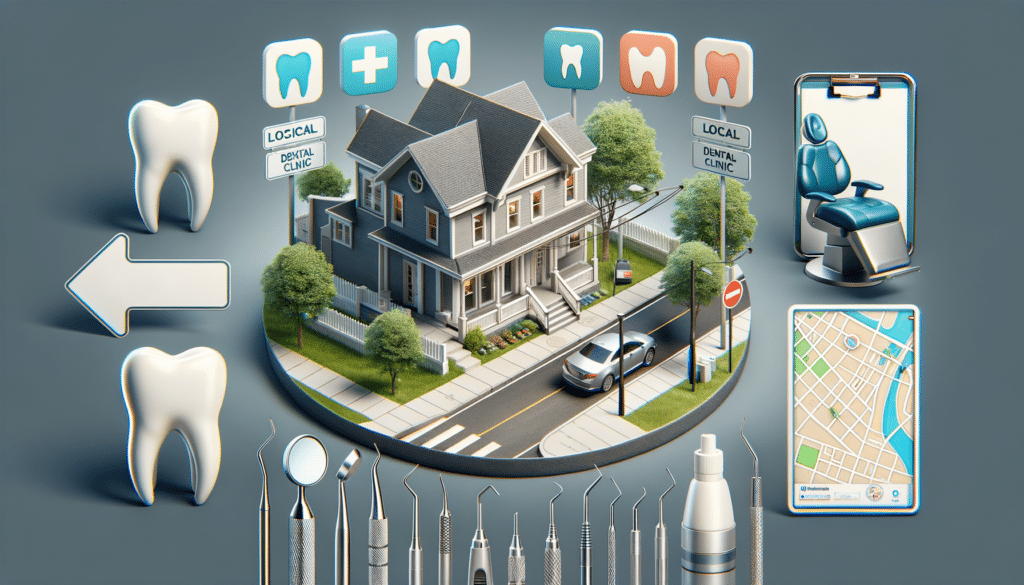Understanding Dental Implants: What Are They?
Dental implants are artificial tooth roots, typically made from titanium, that are surgically placed into the jawbone to support replacement teeth or bridges. This innovative solution has become increasingly popular due to its ability to restore both the function and appearance of natural teeth. Unlike dentures or bridges, dental implants are permanent fixtures that integrate with the jawbone, providing a stable and durable foundation for artificial teeth. The procedure involves several stages, including the initial consultation, surgical placement of the implant, and the attachment of the artificial tooth. The entire process can take several months, allowing time for the implant to fuse with the bone in a process known as osseointegration.
The Benefits of Choosing Dental Implants
Dental implants offer numerous advantages over traditional tooth replacement options. One of the most significant benefits is their natural appearance. Implants are designed to match the color and shape of your existing teeth, making them virtually indistinguishable from natural teeth. Additionally, implants provide improved speech and comfort, as they do not slip or cause discomfort like dentures can. They also allow for easier eating, as they function like natural teeth, enabling individuals to enjoy their favorite foods without worry. Furthermore, dental implants promote oral health by preventing bone loss and maintaining the structure of the jawbone. Key benefits include:
- Natural appearance and feel
- Improved speech and comfort
- Enhanced ability to eat
- Preservation of jawbone and facial structure
Comparing Dental Implants to Other Tooth Replacement Options
When considering tooth replacement, it’s essential to compare dental implants with other available options such as dentures and bridges. Dentures are removable appliances that replace missing teeth and surrounding tissues, while bridges are fixed prosthetics that rely on adjacent teeth for support. Although dentures are less expensive initially, they may require frequent adjustments and replacements over time. Bridges, on the other hand, can compromise the health of neighboring teeth, as they require alteration of these teeth for support. Dental implants, though more costly upfront, offer a long-term solution with minimal maintenance. They do not affect adjacent teeth and are known for their durability and longevity. When weighing the options, consider factors such as cost, maintenance, and impact on oral health.
The Process of Getting Dental Implants
The journey to obtaining dental implants begins with a comprehensive dental examination and consultation. During this initial stage, your dentist will assess your oral health, take X-rays, and discuss your treatment options. If dental implants are deemed suitable, the next step involves the surgical placement of the implant into the jawbone. This procedure is typically performed under local anesthesia and may require a healing period of several months to allow for osseointegration. Once the implant has successfully fused with the bone, an abutment is placed on top of the implant, serving as a connector for the artificial tooth. Finally, a custom-made crown is attached to the abutment, completing the process and restoring your smile. The entire procedure requires patience and commitment, but the results are often worth the effort.
Considerations and Aftercare for Dental Implants
While dental implants offer many benefits, there are several considerations to keep in mind before proceeding with the treatment. Factors such as overall health, bone density, and oral hygiene play a crucial role in the success of the implants. It’s essential to have healthy gums and sufficient bone structure to support the implant. Additionally, maintaining excellent oral hygiene is vital to prevent infection and ensure the longevity of the implants. Regular dental check-ups and cleanings are recommended to monitor the condition of the implants and surrounding tissues. Aftercare involves brushing and flossing regularly, avoiding hard foods, and refraining from smoking, which can negatively impact the healing process. By following these guidelines, patients can enjoy the benefits of dental implants for many years.





